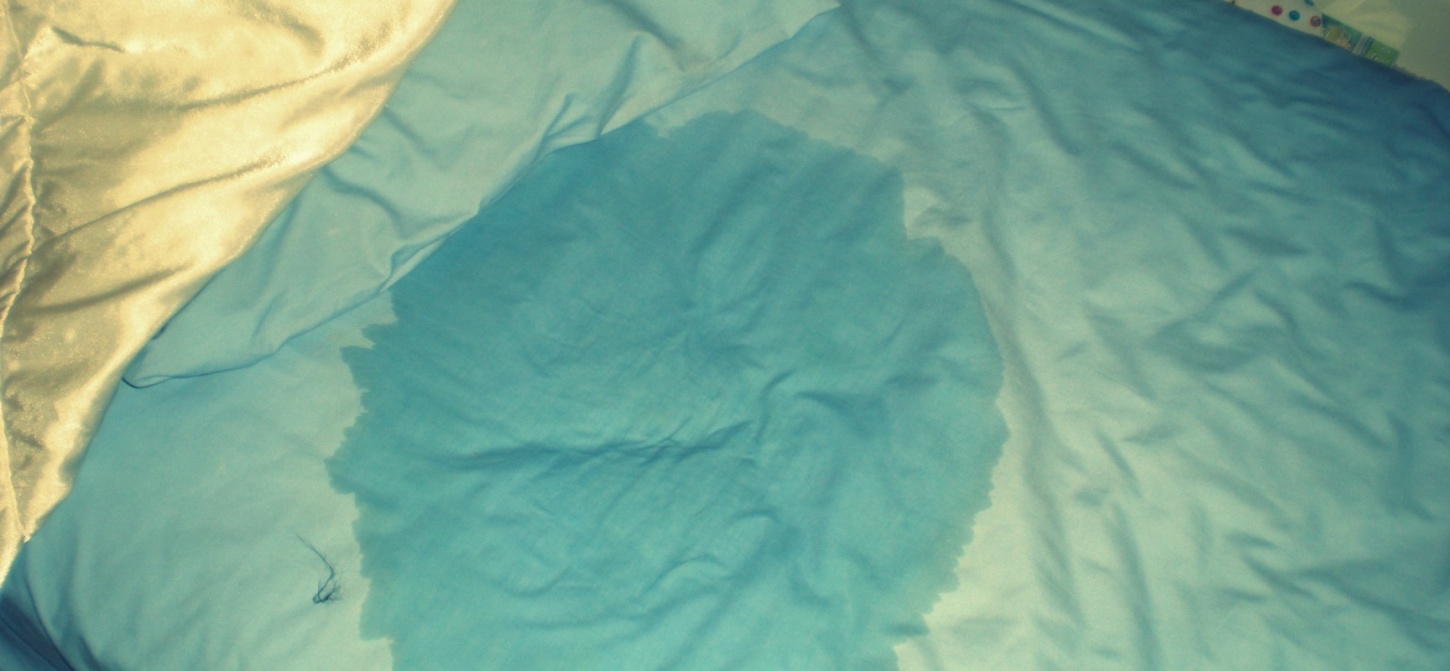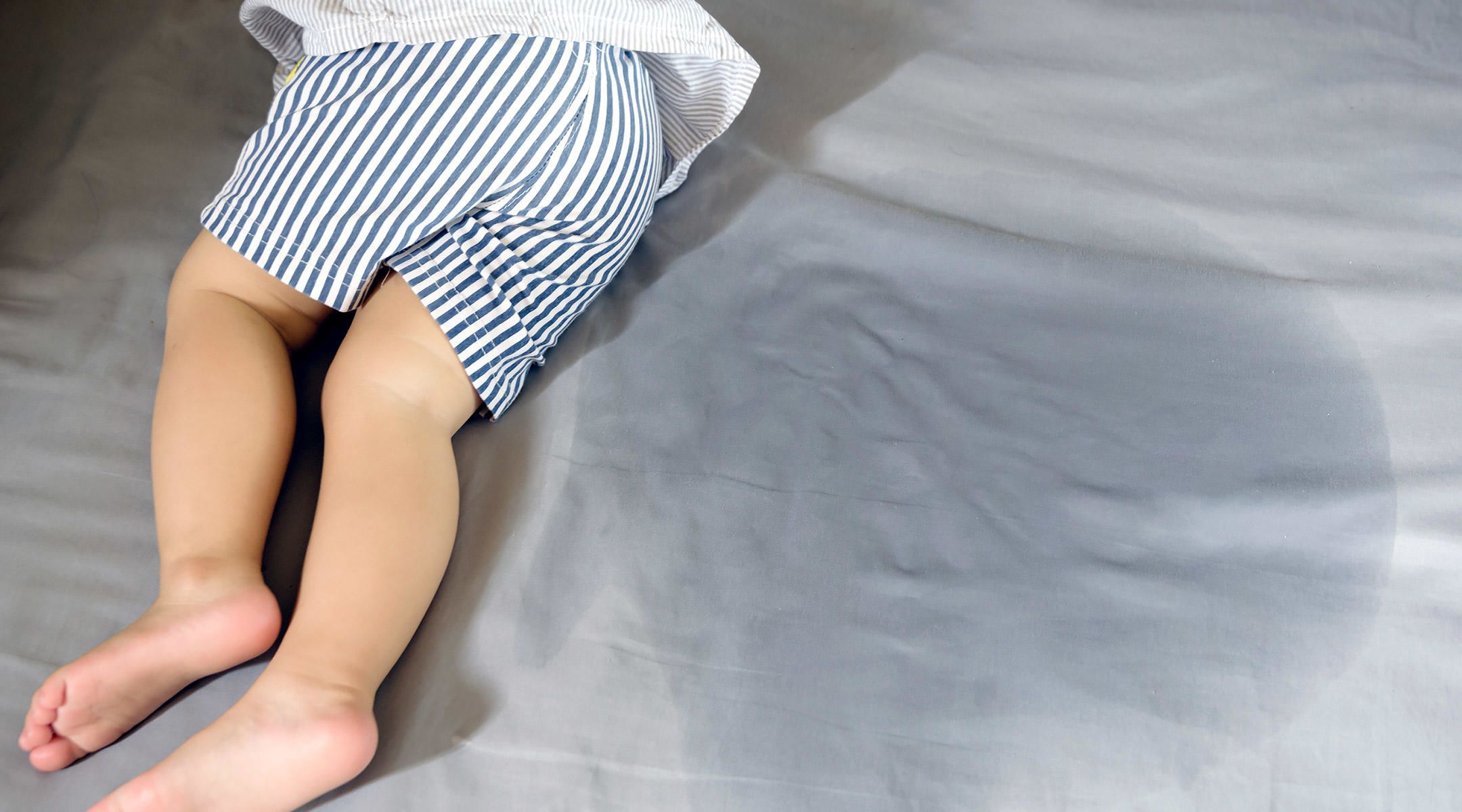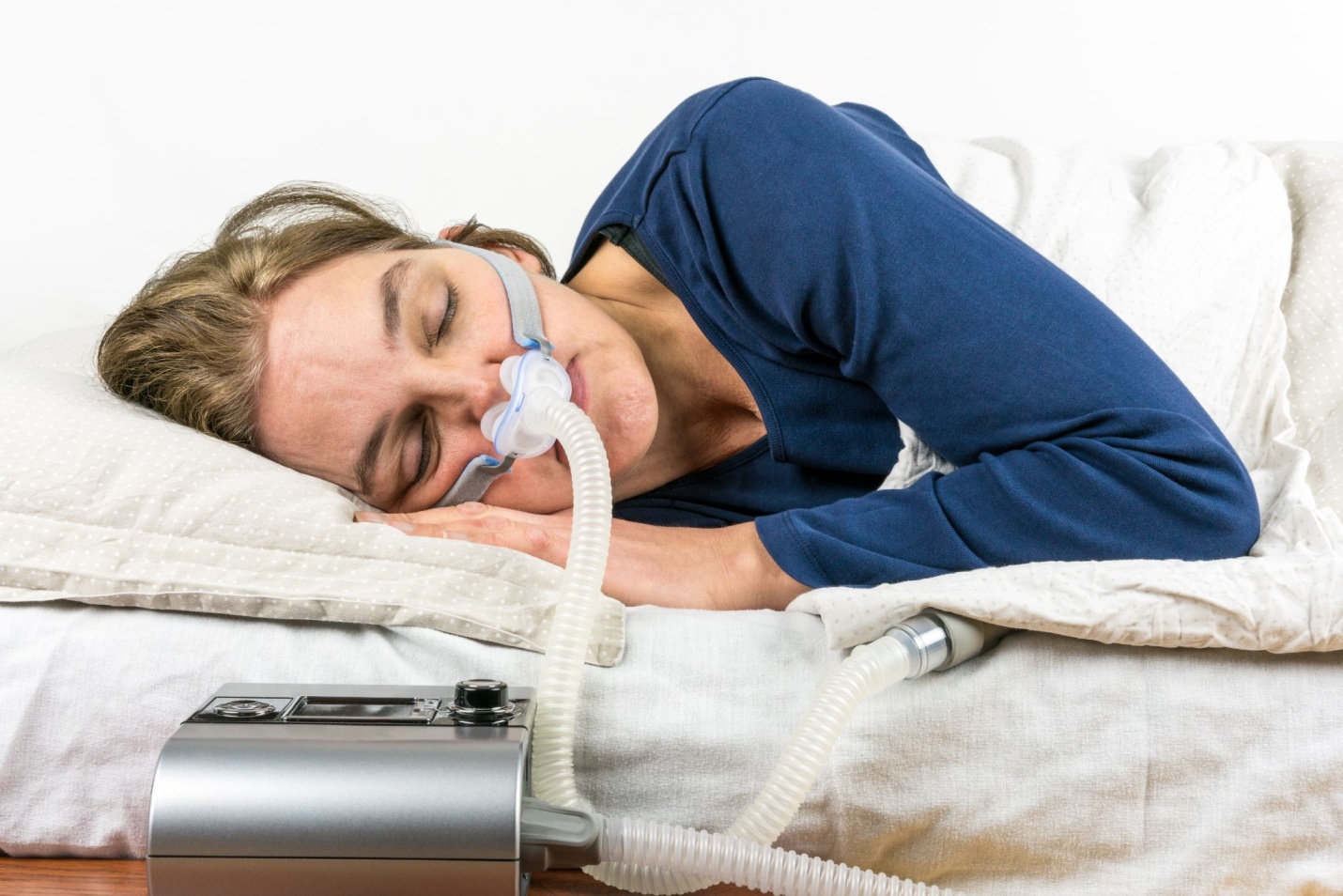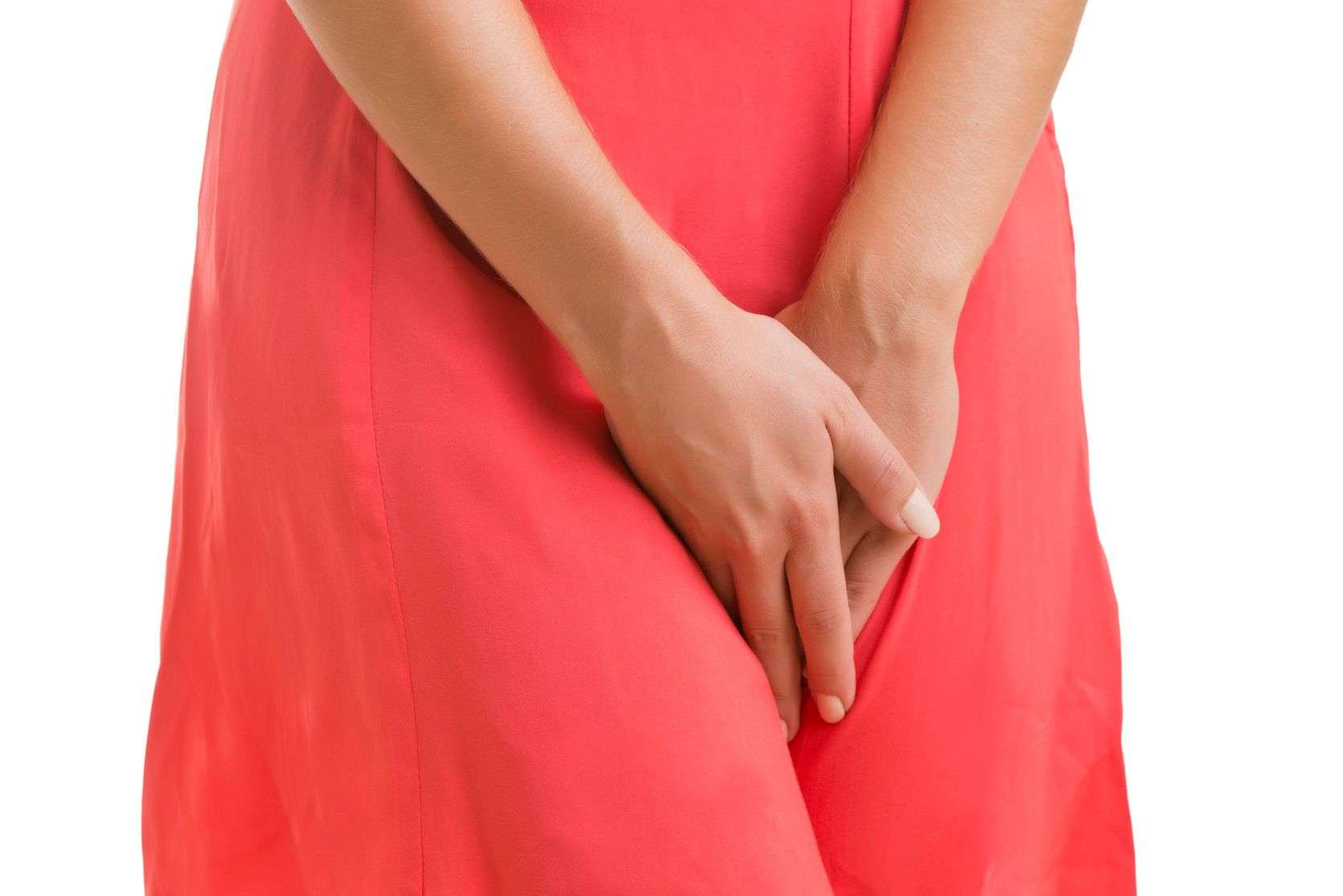

Bedwetting or sleep enuresis can be normal or abnormal depending on the victim. Young children below three years often urinate in bed, and this may not be a big deal. Doctors say that this happens since their bladder is still developing during the tender age. It, however, becomes a problem when a child does not get over sleep enuresis.
It gets worse when the condition persists to adulthood. Wetting the bed during adulthood can be embarrassing. People rarely talk about it, but it does not mean that it is a rare condition. In adults, bed-wetting during sleep can indicate an underlying problem. Find out what causes sleep enuresis and how you can manage it.
What causes adult bed-wetting during sleep?
The problem may be genetic, where it is passed down through generations. It could also indicate that you have illnesses such as kidney disease, urinary tract infection bladder or prostate cancer. Urinary tract infection causes pain on the lower part of the abdomen or irritation. It can be a symptom of anatomical abnormality in young ones.
A small bladder can accumulate urine fast and without control make you wet the bed. Some diabetic patients also suffer from wetting the bed while asleep. This is because diabetes indicates a high glucose level in the blood which, in turn, increases the output of urine.
Some neurological disorders such as the nervous system abnormalities can make you urinate in your sleep. Sometimes, it may be out of a disease affecting the nervous system. Psychological problems like fear, stress, and anxiety can make one wet the bed. They may be caused by changes in one’s life due to unfortunate events like the death of a close person or loss of employment.
Your body’s inability to balance antidiuretic hormone can also cause the condition. Experts reveal that sleep patterns like sleep apnea can also lead to sleep enuresis. Taking some form of medications can also have this side effect. Pinworm infection that comes with intense itching of the genital area or the anus may cause sleep enuresis.
Coping strategies
Identify the cause

We have seen that adults wet the bed due to different factors. Identifying the cause by yourself can be difficult therefore the need to consult a medical care provider. They can conduct various tests such as physical or neurological exams to identify what the problem is. Ultrasounds on body organs such as the bladder and kidneys as well as urine tests can also help. Urinalysis is done to rule out kidney disease. An X-ray or MRI can also examine the lower pelvis or spine.
You can also help the doctor with the examination by providing relevant information for instance how much fluid you take daily, any past UTI infections as well as the number of wet nights within a given duration.
Some of the medical treatments used to reverse the condition include anticholinergic drugs which calm your irritated bladder and antibiotics that treat UTI. If you have prostate problems, the doctor can prescribe DHT blocking medicines to reduce inflammation of the prostate.
Desmopressin acetate is also used to increase ADH in the body which in turn reduces the production of urine in your sleep. Imipramine acts as an antidepressant to treat long-term sleep enuresis. It relaxes the bladder and minimizes the depth of sleep during the last phase. Take note that the drug can cause some side effects such as nervousness and personality changes. Certain conditions that cause bed-wetting can only be reversed through surgery.
Make some lifestyle changes

You can do this through a couple of ways. For instance, reduce the intake of fluids before sleeping. This can prevent your bladder from getting full easily so that you don’t wet your bed or disrupt your sleep from frequent urination.
Avoid taking a lot of caffeine or alcohol as they worsen your condition. Carbonated or citrus drinks are also not healthy before bedtime. You can even come up with a urinating schedule. Purpose to urinate after two hours during the daytime so that you reduce the chances of bed-wetting in your sleep. Empty the bladder before sleeping even if the urge is not there yet.
Set the alarm to visit the bathroom at night so that you don’t wet the bed. You should also take precautionary measures to improve hygiene. For instance, get a special mattress cover from avocado mattress so that urine does not penetrate on the mattress every time. This keeps your bed fresh, eliminating any bad odor.
You can also wear some absorbent brief before sleeping. Get absorbent sheets and room deodorizers to increase the level of comfort in your room. Create a portable toilet near you if the bathroom is not near your bedroom. You can also install night lights to help you access the bathroom before it is too late.
Consider therapy

CPAP therapy is effective in reversing sleep enuresis that is accompanied by sleep apnea. The treatment can control the airway pressure in your body to prevent the obstruction of air and handle breathing problems.
Work on your attitude
Bedwetting for adults may not be an easy situation to handle, but your attitude determines a lot. Avoid blaming yourself for it but work on making it through the night without wetting the sheets. If your partner is dissatisfied, maintain open communication with them so that they can offer a supporting hand in your struggles.
Train your bladder

Bladder training has also been found to be an effective treatment for wetting the bed while asleep. Try to extend the period in which you hold urine to train a lose bladder. Alternatively, consider practices such as hypnosis or acupuncture. They may combine both massages and some herbal medicines to help you relax and combat causes such as stress or fear. They also increase your sense of well-being.
Final thoughts
Sleep enuresis is a condition that you can reverse. You have to start making the changes we have discussed or get medical help to treat any underlying issues. It takes motivation, patience and time for you to get over the habit.
